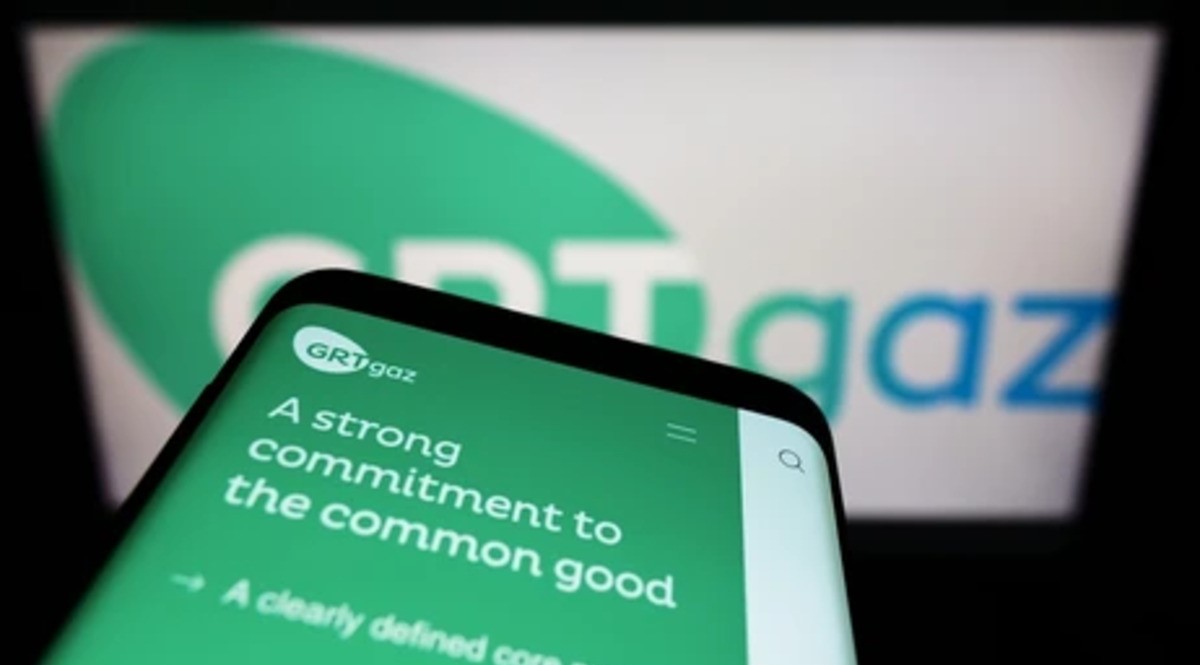The French operator of the Franco-Spanish pipeline BarMar, GRTgaz, on Thursday issued a Call for Interest, or invitation to participate, to assess the feasibility of constructing a hydrogen transport pipeline connecting the French side with a nearby storage facility.
By the decade’s end, the BarMar project will link Spain and France by an underwater pipeline that will run from Barcelona in Spain to Marseille, with Fos-sur-Mer serving as its initial French entry point.
A segment of the pipeline connecting the port of Fos-sur-Mer near Marseille and storage space close to Manosque, both in southern France, is the subject of a call for interest from GRTgaz.
The invitation to participate, which will be sent in two phases, is intended to gauge interest in this section of the pipeline.
Let’s see if the companies have an interest in investing in a hydrogen pipeline
They invited the industry to express interest and provide specifics on the kind of infrastructure required in the first, non-binding phase. According to the schedule, it will begin on March 10. The second phase will involve selling transportation capacity and deciding on investments.
After a market interest confirmation, the technical studies that describe the route, project planning, environmental effect, and technical solutions will follow.
According to Thierry Trouvé, CEO of GRTgaz, this new phase of the project is the last one before offering market transit capacity in the Fos-sur-Mer region.
France actively invests in clean energy sources
France has been actively investing in hydrogen as a clean energy source. The development of hydrogen pipelines is a key component of this strategy. The goal of these pipelines is to transport the H2 from production sites to areas where needed. That means to the power plants and industrial facilities.
One of the major H2 pipeline projects in France is the HyPort project. It aims to create a hydrogen pipeline network in the Port of Dunkirk. The project is being led by GRTgaz, a subsidiary of ENGIE. It involves the construction of a 100-kilometer pipeline to connect H2 production facilities in Dunkirk with industrial sites in the surrounding area. The plan is for the project completion by 2023. The expectations are to supply hydrogen to more than 25 industrial sites.
Another notable project is the H2Vallee. It is a hydrogen pipeline project that aims to connect the cities of Grenoble and Lyon. The project competition will be by 2027. The expectations are to supply hydrogen to a wide range of industrial and transportation customers.
The French government has also announced plans to invest in H2 pipelines as part of its hydrogen strategy. They are planning to create a national hydrogen pipeline network. The network will connect key production and consumption sites across the country. This will help support the growth of the hydrogen industry.
France actively invests in hydrogen pipelines as a most suitable transport of hydrogen from production sites to where it’s needed. These projects will support the growth of the H2 industry. The expectations are that the hydrogen pipeline network will help meet the growing demand for H2 in the country.

